 Lowering the production costs of international news and having immediacy are some of the most important functions of news associations such as Enex.
Lowering the production costs of international news and having immediacy are some of the most important functions of news associations such as Enex.
By TV AND VIDEO
Although for a viewer the most important news is still those that affect him directly or that occur in his environment, in the last decade the interest in the information of what happens around the planet has grown. This has become a challenge for the newscasts, who began to have correspondents in the most important cities of the world, generating high costs for production.
In the search for options to have greater information coverage without high costs, alliances began to be created between newscasts to share information and co-produce special events. In Latin America there is a successful experience such as the Latin American Information Alliance. But this is not the only one.
In Europe, since 1994 there is Enex, an association of European channels that until 20 months ago worked only in Europe, but which has now gained presence in the five continents and in which Latin America has an important role. To learn a little more about this entity and its work in our region, TV Y VIDEO spoke with Henning Tewes, general manager of Enex.
TV & VIDEO: What is Enex?
Henning Tewes: Enex was founded on the belief that, in the international news arena, cooperation is the key to success. Putting it more simply, our partners help each other in the hard and expensive effort of collecting news. This effort is coordinated by Enex's main branch in Luxembourg. Thanks to the fact that our partners are strong, they are able to bring great contributions to the table: in terms of technical facilities, satellite space and in the experience and networks of contacts of their journalists and producers. As a result, an Enex membership gives our partners access to exclusive news and the ability to lower their production costs.
TV AND VIDEO: In 20 months Enex went from 30 members in Europe to 41 on five continents. What are the reasons for its growth?
Henning Tewes: Currently, there are two basic trends in international television news. One has to do with speed. Because all channels have to think about their ability to publish video content to their internet properties, they need access to that content faster than ever, even if they're not 24-hour newscasts. This has increased the pressure on news management, but also on suppliers. The other development has to do with cost efficiency. Although the need to cover the world's news has increased, news budgets have not enjoyed similar growth. That's where Enex comes in; we provide exclusive news at reasonable prices. Our organizational model is purely cooperative. We don't get foreign exchange, but share the costs. There the price difference.
TV AND VIDEO: Who are your Latin American partners?
Henning Tewes: At the end of 2012, we were joined by TV Azteca, Mexico; Caracol TV, Colombia; Ecuavisa, Ecuador; WAPA, Puerto Rico; and TVN, Panama. In 2013, we were joined by Monte Carlo TV, from Uruguay and Noticias SIN from the Dominican Republic. These partners are all members of the Latin American Information Alliance, which is supported by Caracol TV, in Colombia, and which is doing phenomenal work in getting all these Latin American channels to work together. There is a high degree of compatibility between AIL and Enex. We have our roots in Europe and work around the world. AIL is focused on Latin America and benefits highly from the use of Spanish as the organization's common language. Participation in both organizations is therefore compatible and very beneficial for the channels involved.
TV AND VIDEO: How does a Latin American channel benefit from linking to Enex?
Henning Tewes: Our news service will deliver more than 30,000 news stories this year. Our members upload their material and it will be visible to all other members. Our production does not reach what the big agencies produce, but we are not that far behind either, and it is done at a fraction of their production costs. Therefore, our partners use Enex as they would use a video agency. In addition, Enex's Live Streaming service awarded our partners more than 1,000 streams this year. If you have a newscast or an active web property, this speed is a huge benefit, and at no extra cost.
Finally, we have a production support mechanism. Members maintain a keen sense of solidarity, so journalists and producers from partner channels feel totally comfortable calling someone working on another channel, thousands of miles away, and asking them for help. If there are major events, such as the resignation of the pope and the election of the new pope, we organize a mechanism of community production for our partners.
TV & VIDEO: How does that work in practice?
Henning Tewes: Let me use a concrete example that has to do with Latin America. We had begun discussing issues with our Latin American partners in the summer of 2012 when Julian Assange sought refuge in the Ecuadorian Embassy in London. Within a couple of hours, we were able to organize for Ecuavisa an SNG outside the embassy, for free, thanks to our partners in London. Sure, our friends in Ecuador thought this was fantastic. And they have been phenomenal in contributing material on the political background of the case in Ecuador ever since.
When Colombian soccer player Radamel Falcao Garcia went to Portugal for medical care, our partner there, SIC, parked a mobile phone on site and assigned a Spanish-speaking journalist for our friends in Caracol. As a result, Caracol was the only channel in Colombia that was able to recount this great issue of Colombian football live.
These cases are no exception, they only document the way it works.
TV & VIDEO: Who founded Enex and why?
Henning Tewes: Enex was founded by a group of cutting-edge journalists and television executives, strongly supported by RTL Group, Europe's largest television network, and CBS, America's #1 channel. On the one hand, the situation then was very different: getting satellite space was very expensive, the internet was not developed, and advertising markets were at their peak. The idea of the founders was that strong partners, cooperating in the news area, can generate real and tangible benefits for each one. And that hasn't changed. On the contrary: now that streaming is cheaper, the internet is developed, and advertising markets are stagnant, the demand for exclusive news at low prices has continued to grow.
TV & VIDEO: What does "exclusive content" mean?
Henning Tewes: Usually we only have one partner per country. Journalists on our partner channels appreciate this as it means they have access to materials that their competition does not.
TV AND VIDEO: Can these collaborations be daily or for extended periods?
Henning Tewes: Yes. For example, we have had live Stand Ups from Ukraine in Spanish, which we coordinated with our partners there and which was highly appreciated by our Latin American partners. In some cases, this was organized by Telecinco, our partner in Spain. When this was no longer possible, it was organized by our main branch in Luxembourg.
TV & VIDEO: Is Enex's feature just sharing news or do they have more activities?
We also do our meetings. The Enex General Assembly is geared towards News Directors and General Editors. Its participants are more or less the best known in international news. The agenda of the meeting focuses on journalistic and editorial challenges, crisis reporting, attracting young viewers, and organizing production plants effectively and on time.
The Coordinators' Meetings convene each member's representatives and producers of international news. This is a more operational meeting, where participants discuss and solve real problems about our functioning as an organization.
Finally, we also organize the meeting of our Technical Directors once a year. There we focus on transmission issues, currently especially the use of the KA-Band satellite, the possibility of transmitting over 4G/LTE networks and our community fiber optic network. Those who attend any of these meetings, return with a contact book of colleagues who are working on cutting-edge issues for the world's largest channels.
TV AND VIDEO: What are your plans for Latin America this year?
Henning Tewes: We will continue to seek to increase the number of participants in order to achieve a greater presence and reach. And we will continue to seek to make our offer more Latin American, so that our members find real publishing gems in our daily offers.



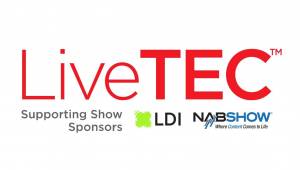



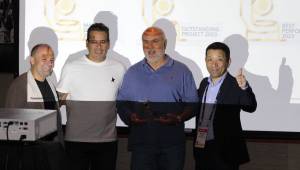
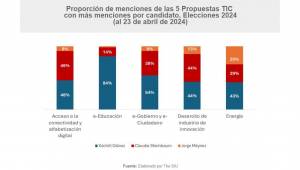


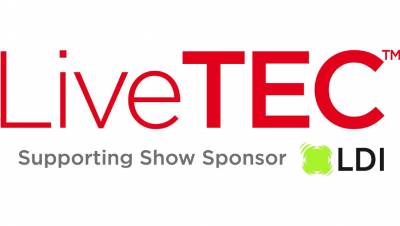
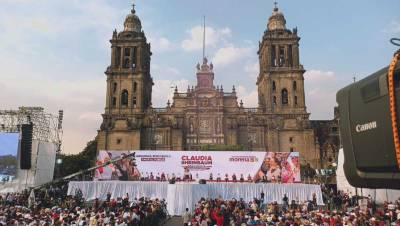
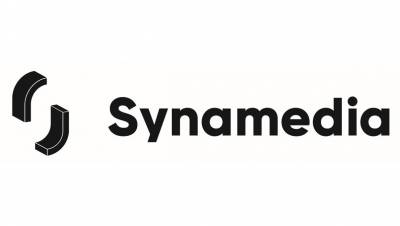

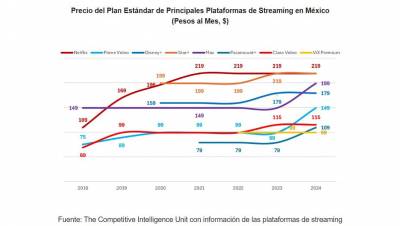
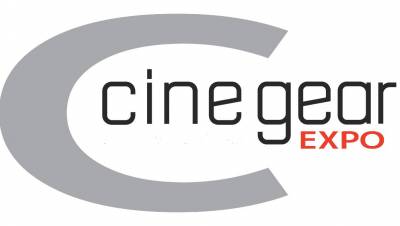







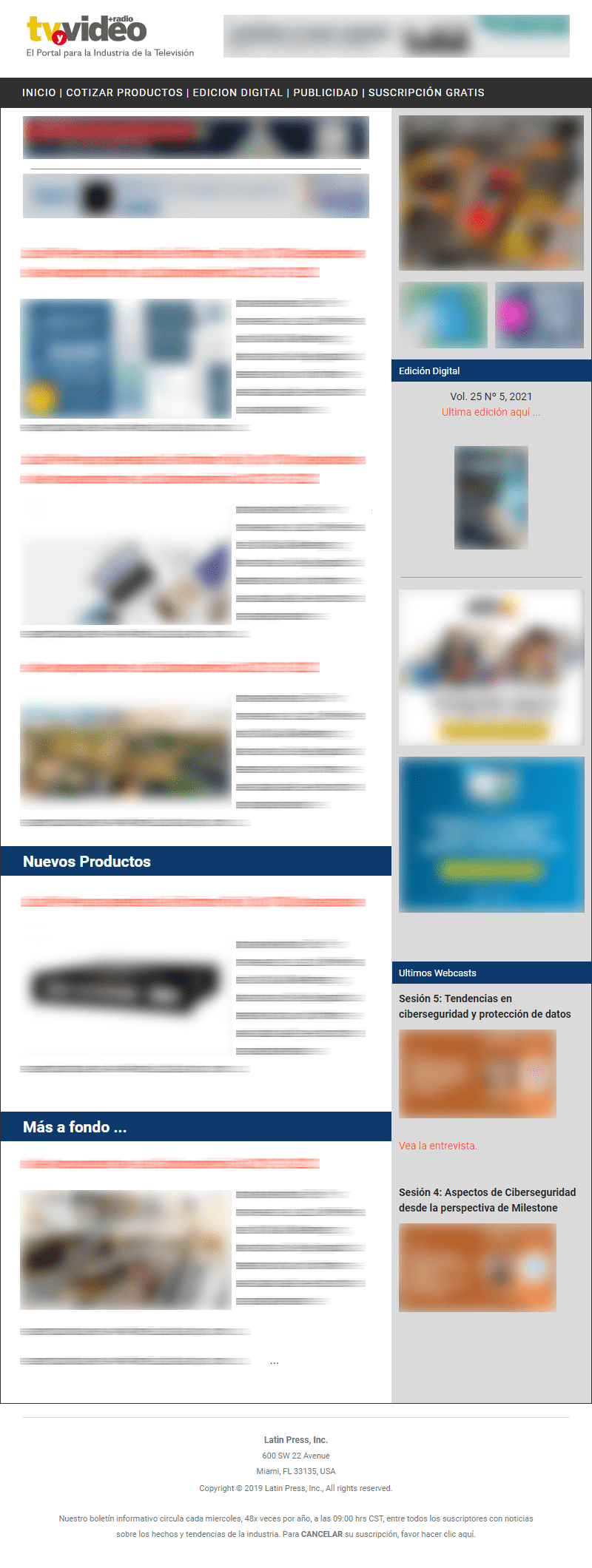
Leave your comment